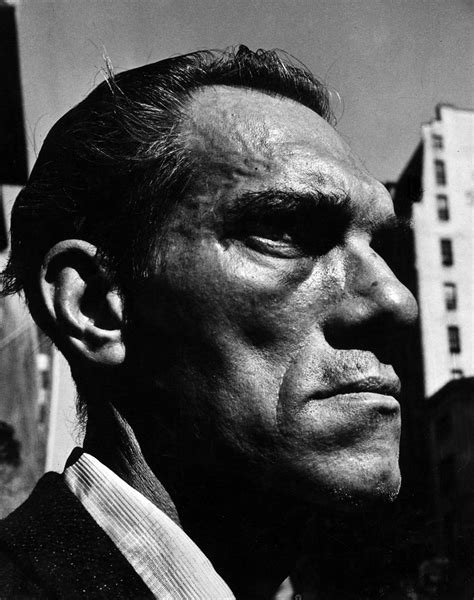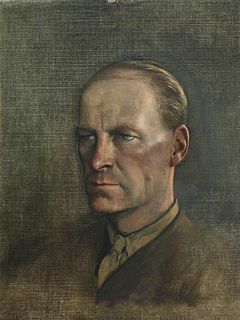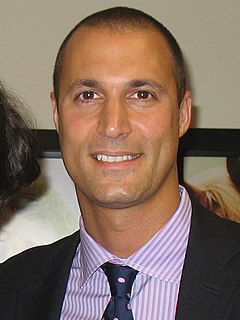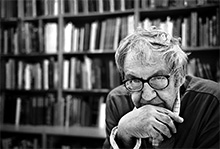A Quote by Mario Testino
My pictures are my eyes. I photograph what I see - and what I want to see.
Quote Topics
Related Quotes
What I want is the world to remember the problems and the people I photograph. What I want is to create a discussion about what is happening around the world and to provoke some debate with these pictures. Nothing more than this. I don't want people to look at them and appreciate the light and the palate of tones. I want them to look inside and see what the pictures represent, and the kind of people I photograph.
I think the reason a lot of celebrities feel insecure and want to stop eating altogether is because they see so many pictures of themselves on a daily basis. It's unhealthy how many times you see your own image - it's just constant. When you see something enough, you're going to tear it down to the point where some days you feel like you're not even pretty. I get insecure about my eyes because I once read a blog comment that said, "Her eyes are so small." I thought, Are my eyes small? Oh no - they are!
Ultimately — or at the limit — in order to see a photograph well, it is best to look away or close your eyes. 'The necessary condition for an image is sight,'Janouch told Kafka; and Kafka smiled and replied: 'We photograph things in order to drive them out of our minds. My stories are a way of shutting my eyes.
In your eyes
the light the heat
in your eyes
I am complete
in your eyes
I see the doorway to a thousand churches
in your eyes
the resolution of all the fruitless searches
in your eyes
I see the light and the heat
in your eyes
oh, I want to be that complete
I want to touch the light,
the heat I see in your eyes
As far as the surface is concerned - oil on canvas, conventionally applied - my pictures have little to do with the original photograph. They are totally painting (whatever that may mean). On the other hand, they are so like the photograph that the thing that distinguished the photograph from all other pictures remains intact.
And that desire-the strong desire to take pictures-is important. It borders on a need, based on a habit: the habit of seeing. Whether working or not, photographers are looking, seeing, and thinking about what they see, a habit that is both a pleasure and a problem, for we seldom capture in a single photograph the full expression of what we see and feel. It is the hope that we might express ourselves fully-and the evidence that other photographers have done so-that keep us taking pictures.
I think I’ve said this before many times—that photography allows you to learn to look and see. You begin to see things you had never paid any attention to. And as you photograph, one of the benefits is that the world becomes a much richer, juicier, visual place. Sometimes it is almost unbearable — it is too interesting. And it isn’t always just the photos you take that matters. It is looking at the world and seeing things that you never photograph that could be photographs if you had the energy to keep taking pictures every second of your life.



































